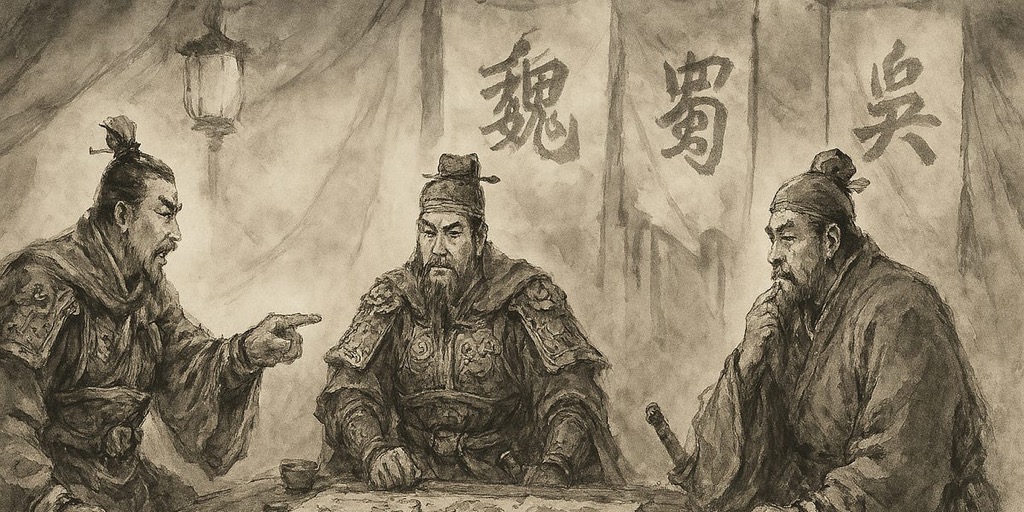 | |
Today’s commentary by Cheng Yawen, explaining China’s stance towards Russia since the outbreak of the war in Ukraine, is an important one. In my view, it stands among the most insightful pieces to have been written on this topic by a Chinese analyst within the PRC since Russia’s invasion. Grateful to James for his excellent parsing and translation of this text. — Thomas
Readers may be familiar with the ongoing debate among Chinese intellectuals regarding their country’s stance on Russia’s invasion of Ukraine. Following the recent seismic jolts in US support for Ukraine, Cheng Yawen (程亚文) provides a necessary update. As with Zhao Huasheng (赵华胜), Cheng comes down on the side of “interests” over “values”, arguing that China’s strategic instinct has been vindicated. Cheng’s views—which are grounded in an analysis of Chinese history—are based on the idea that although upholding the sovereignty of small nations is a noble principle, doing so ultimately depends on painful compromise with great powers.
Chinese intellectuals’ stances on the current war are frequently informed by their appraisals of the historical Sino-Soviet relationship. While Feng Yujun (冯玉军)—whose views Sinification has covered extensively—argues that close relations with their Eurasian neighbour have usually been detrimental to China, Cheng contends that the relationship has, at different times, both benefited and harmed his country.
A particularly salient episode in this historical debate is Mao’s decision in October 1950 to follow Stalin’s lead and intervene militarily in the Korean War. Shen Zhihua (沈志华), China’s pre-eminent historian of the Sino-Soviet-DPRK triangular relationship, has argued that Mao prioritised China’s moral reputation within the value system of international socialism when he defied his generals’ concerns that fighting against American troops would harm their country’s interests. Shen believes that the resulting Cold War alignment was detrimental to China, and has recently warned against a return to it. Others have embraced values-based interpretations; the left-wing intellectual Wang Hui (汪晖) once invited ridicule from a noted historian for stating that China’s commitment at the time to international revolution ought to transcend a narrow conception of the national interest.
This tension between moralistic claims on the political order and pragmatic compromise—or maximalist versus limited conceptions of sovereignty—recurs throughout China’s history. Cheng mentions the example of the principled yet futile resistance of certain Ming loyalist scholars to the Manchu invaders during the Ming-Qing transition. During the subsequent Qing Dynasty’s faltering final decades, scholar-officials who clung to purist positions on China’s sovereignty in its diplomatic relations were known as the qingliu (清流 or “pure stream”). This group was notorious for excoriating officials such as Li Hongzhang (李鸿章), who engaged in the grubby business of compromises and strategic balancing with foreign powers—including by attempting to align with the Russian Empire against Japan in the resolution of the 1894-95 Sino-Japanese War.
Regarding memories that are rawer still, Cheng’s reference to historians with personal experiences of the Japanese invasion during the 1930-40s—such as Niu Xianzhong (钮先钟) and Ray Huang (黄仁宇)—calls to mind China’s most recent historical experiences of limited scope to exercise sovereignty. It is a reminder—if needed—of how China’s history shapes the views of its intellectuals today.
– James Farquharson